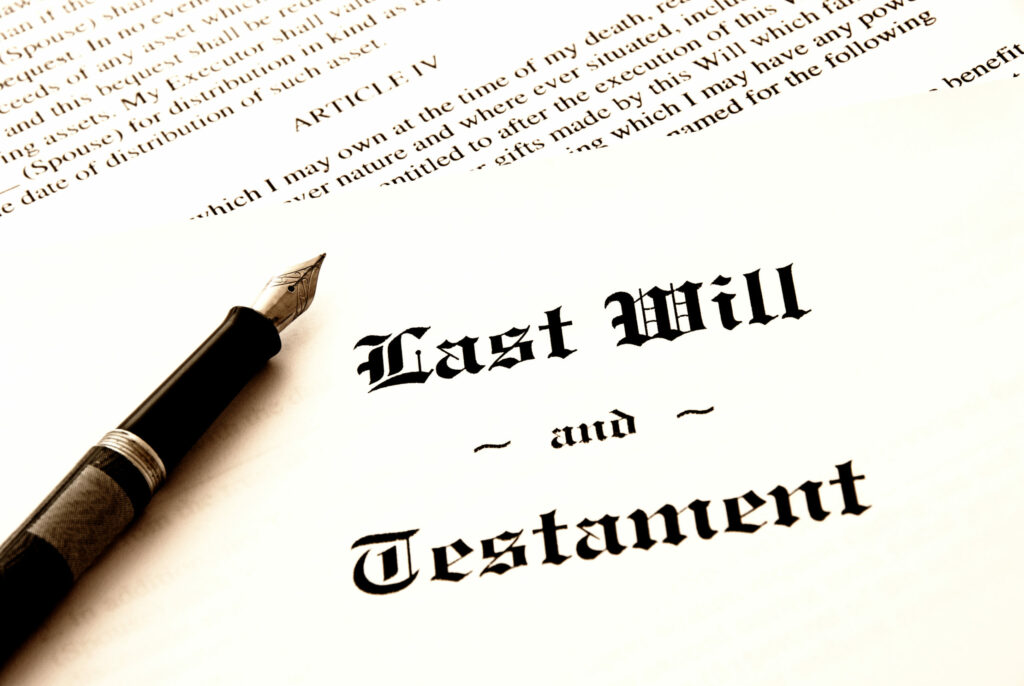Everyone needs a will. A last will and testament is how an executor is named to manage your estate, how a guardian is named to care for any minor children and how you give directions for distribution of property. However, not all property passes via your will. You’ll want to know what a will can and cannot do, as well as how assets are distributed outside of a will. This was the topic of “The Legal Limits of Your Will” from AARP Magazine.
Retirement and Pension Accounts
The beneficiaries named on retirement accounts, including 401(k)s, pensions, and IRAs, receive these assets directly. Some states have laws about requiring spouses to receive some or all assets. However, if you don’t keep these beneficiary names updated, the wrong person may receive the asset, like it or not. Don’t expect anyone to willingly give up a surprise windfall. If a primary beneficiary has died and no contingency beneficiary was named, the recipient may also be determined by default terms, which may not be what you have in mind.
Life Insurance Policies.
The beneficiary designations on an insurance policy determine who will receive proceeds upon your death. Laws vary by state, so check with an estate planning attorney to learn what would happen if you died without updating life insurance policies. A simpler strategy is to create a list of all of your financial accounts, determine how they are distributed and update names as necessary.
Note there are exceptions to all rules. If your divorce agreement includes a provision naming your ex as the sole beneficiary, you may not have an option to make a change.
Financial Accounts
Adding another person to your bank account through various means—Payable on Death (POD), Transfer on Death (TOD), or Joint Tenancy with Right of Survivorship (JTWROS)—may generally override a will, but may not be acceptable for all accounts, or to all financial institutions. There are unanticipated consequences of transferring assets this way, including the simplest: once transferred, assets are immediately vulnerable to creditors, divorce proceedings, etc.
Trusts
Trusts are used in estate planning to remove assets from a personal estate and place them in safekeeping for beneficiaries. Once the assets are properly transferred into the trust, their distribution and use are defined by the trust document. The flexibility and variety of trusts makes this a key estate planning tool, regardless of the value of the assets in the estate.
Reference: AARP Magazine (Sep. 29, 2021) “The Legal Limits of Your Will”




